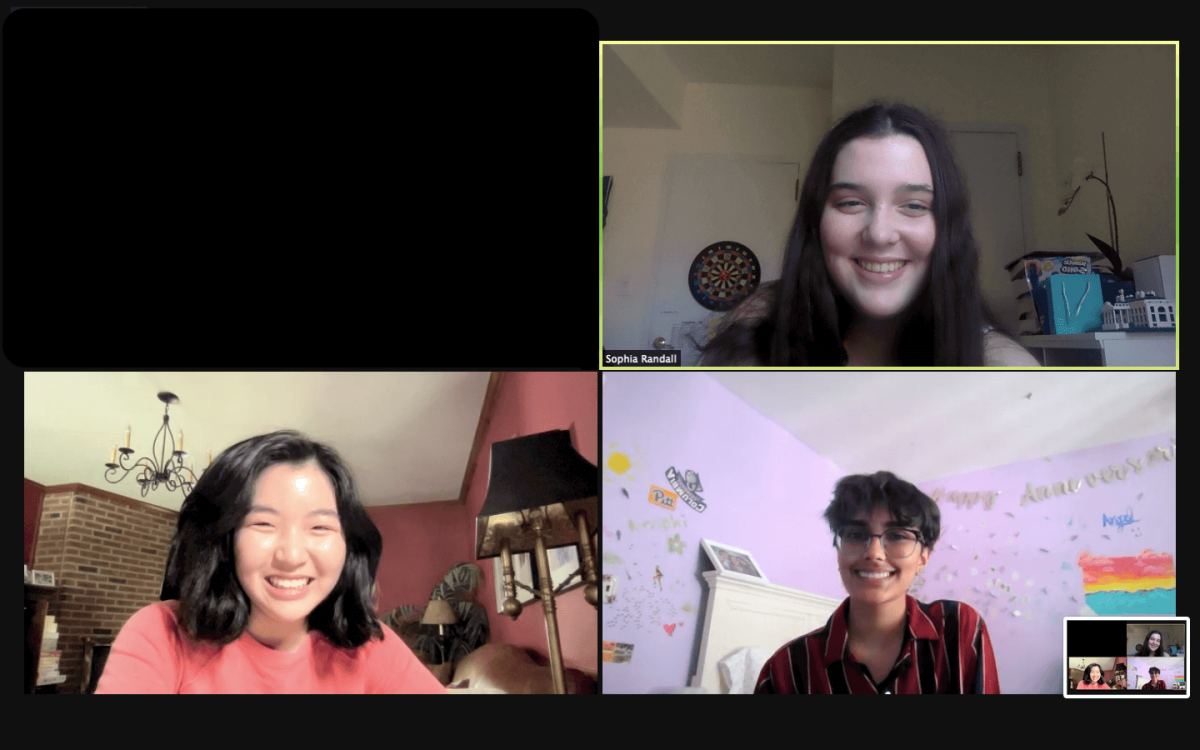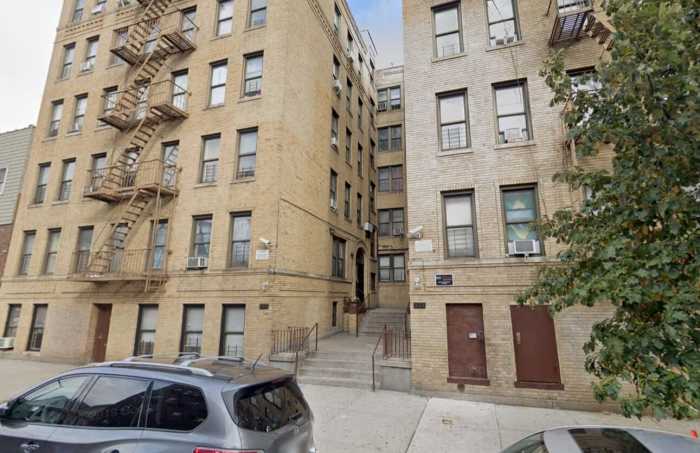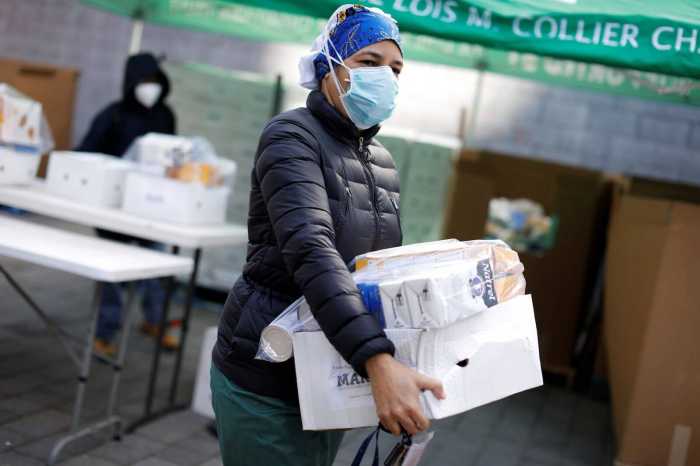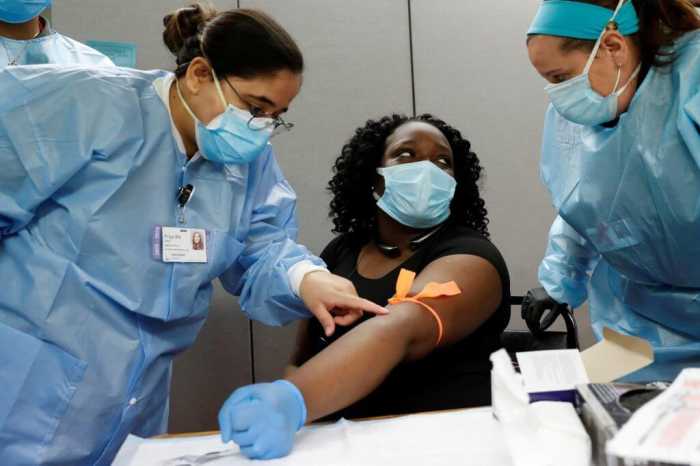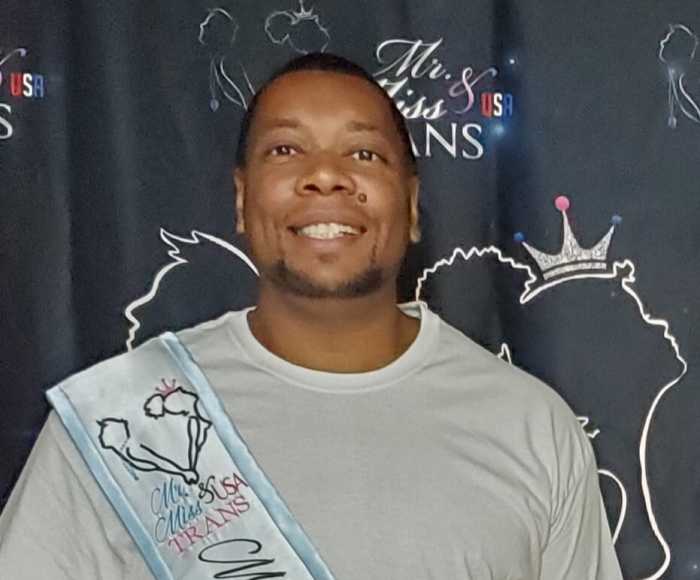From the Bronx to Manhattan, LGBTQ students involved in GSAs hail from different backgrounds, boroughs, and schools — but every single one of them are proving the point that acceptance is a crucial component of a healthy atmosphere for queer youth.
The Bronx High School of Science in Bedford Park and the High School for Law and Public Service in Washington Heights are two New York City schools with GSA clubs, which are student-led LGBTQ groups. Students within those clubs meet regularly to discuss LGBTQ issues, share stories, welcome guest speakers, and even serve as mentors for younger individuals who are coming to terms with their identity in an environment that can be rife with intolerance and hostility.
That, ultimately, is where the clubs play a key role. In a series of interviews with Gay City News, several students across those two schools elaborated on the adversity they’ve faced and underscored the support they’ve received since joining their respective GSA clubs.
“I always felt like I had to have a guard up, a wall,” said Nelson Taveras, a junior at the High School for Law and Public Service. “In this club, I can be myself. I feel comfortable.”
Taveras’ point was echoed by Kathy Fernandez, a sophomore at the same school who dreams of pursuing a medical degree.
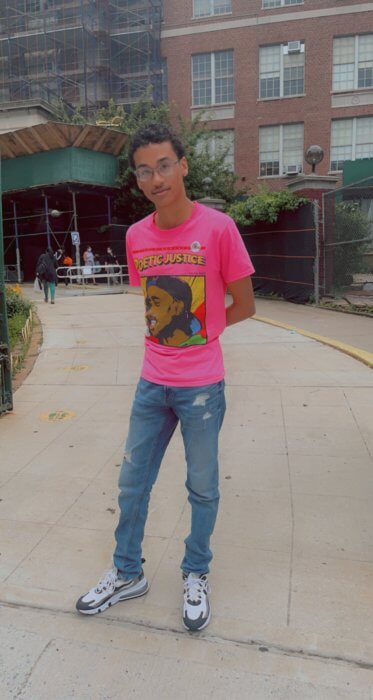
“I was always too scared to come out, too scared to say, ‘yeah, this is me,’” Fernandez explained. “It was always something scary to say, but with the community that the school has — the friends who are in the group, and allies as well — you don’t have to fake it, or as Nelson said, put that guard up.”
The students are buoyed by support from not only their peers, but also school staff and administrators. During a Zoom call with Gay City News, the students at the High School for Law and Public Service were accompanied — and encouraged — by school social worker Alquioril (Alqui) Polanco, principal Paula Lev, and out gay teacher David Mendoza. Club members at Bronx Science also said that they have the unwavering support of the school’s principal in addition to other school leaders.
“The GSA is not just for education,” said Lauren Cho, a junior at Bronx Science. “It’s beyond that. It’s also a celebration about self-acceptance. We recognize that we are fortunate that our school allows us to have the GSA and we have a space to discuss [issues]. In different parts of the world, people don’t have that, so we are very lucky.”
Joining the club in the first place, however, can be a major hurdle for students who are still learning about themselves and the world around them. Saamiya Ahmed, a junior at Bronx Science, said they first learned about their school’s GSA at a club fair freshman year — but it understandably took time for them to come around.
“I got emails all the time,” Ahmed said. “I was a bit nervous to join, so I didn’t become a regular member until this year.”
Students who do take the plunge and join the clubs are immersed in profoundly affirming and educational environments that help prepare them for the next chapter in their lives. Bronx Science’s club is planning to host out LGBTQ journalists from news outlets like the New York Times, and Ahmed said the club recently welcomed a transgender woman to speak in front of the group about her own experiences.
The club members are equipped with an impressively sharp grasp of the contemporary issues permeating the landscape across the LGBTQ community. Members of the Bronx Science club said students have held regular discussions during Pride Month about a range of issues — including complex topics, such as the commodification of Pride. One of the group’s recent conversations focused on questioning the ways in which companies have sold Pride-related apparel for profit.
Others have developed a keen sense of complicated internal issues within the LGBTQ community. Fernandez, who is lesbian, pointed to the pressure many lesbians face when they are pushed to conform to certain expectations.
“The number one thing about our community that I feel is the oppression we put on ourselves,” she said. “If you don’t meet the stereotypes, you’re not gay enough or not lesbian enough.”
The meetings have been balanced with some other topics that might not typically be discussed with other peers outside of the club. Students at Bronx Science engage in group talks about pop culture, television shows, social media, and more. Junior Sophia Randall said one of her favorite shows is Grey’s Anatomy — which, as she points out, has featured a bisexual character, Amelia Shepherd, played by Caterina Scorsone.
“I thought that was really cool because we were able to determine how good the representation was, what could be fixed, and we could have a broader discussion about representation in general,” Randall said.
These empowering conversations end up bolstering the students’ own development by allowing them to work through the issues fresh on their minds every day. Drawing from their own experiences, members of both clubs are anticipating opportunities to impart wisdom to incoming freshmen and other students who could be interested in joining their respective clubs in the future.
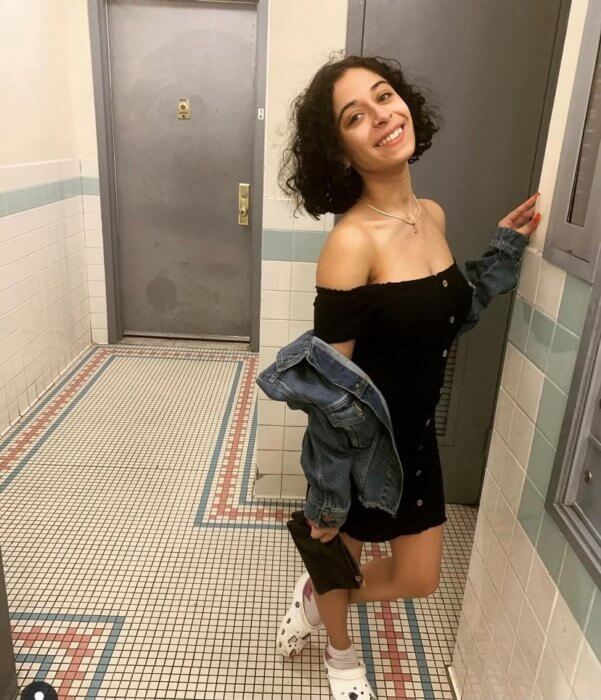
Taveras said he feels he is at a point in his life where he “can help students and be there for them,” while Fernandez said she has a desire to serve as a mentor for students who are younger and just beginning their own coming out process.
Such assistance can be critical for students who face adversity at such a precarious time in their lives. A survey of more than 40,000 youth commissioned by the Trevor Project last year revealed that 29 percent of LGBTQ young people have been homeless, kicked out of their homes, or fled their homes, and 46 percent said they sought out psychological or emotional counseling but could not receive it.
As a social worker, Polanco said she previously worked in other schools where she witnessed a lack of acceptance on the part of school administrators, parents, and guardians.
“Kids are supposed to be safe in school and at home, and they’re supposed to confide in their parents,” she said. “But some students can’t be true to themselves at home.”
Club members, then, find themselves doing the important work of creating an inclusive world for those who will follow in their footsteps after they graduate and enter the next phase of their lives. The members at the Bronx Science GSA are working to ensure the club can continue to exist after the current roster is cycled out.
The students believe they can help make a positive impact on the lives of other students, but their influence extends far beyond their peers. Mendoza, who teaches grades 9-12 at the High School for Law and Public Service, conveyed that message directly to students.
“You don’t know it, but there are teachers who are still struggling with their identity, and when they see how strong you are, they are also learning to become comfortable with themselves,” he said. “You have done a lot more than to create a bubble for other students.”
To sign up for the Gay City News email newsletter, visit gaycitynews.com/newsletter.

